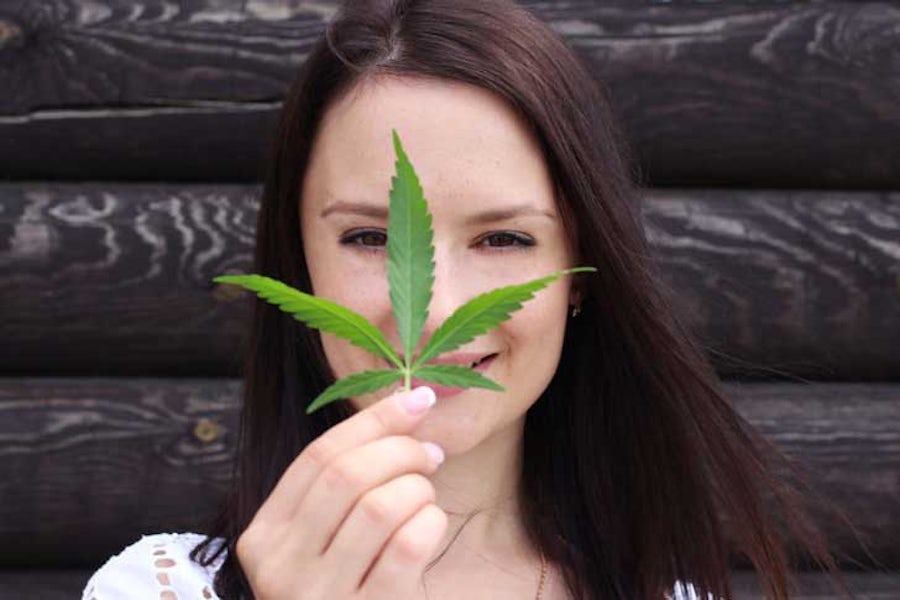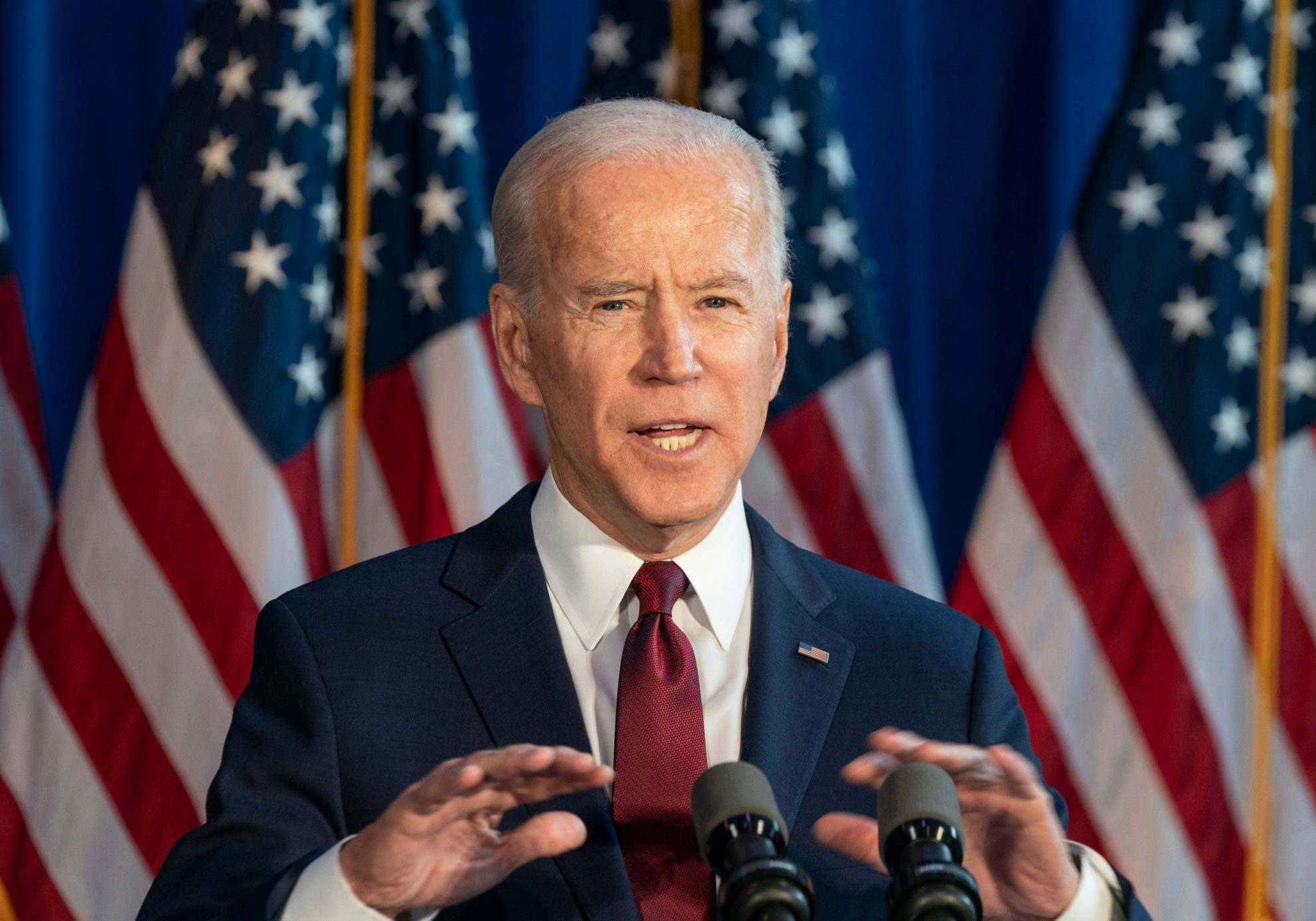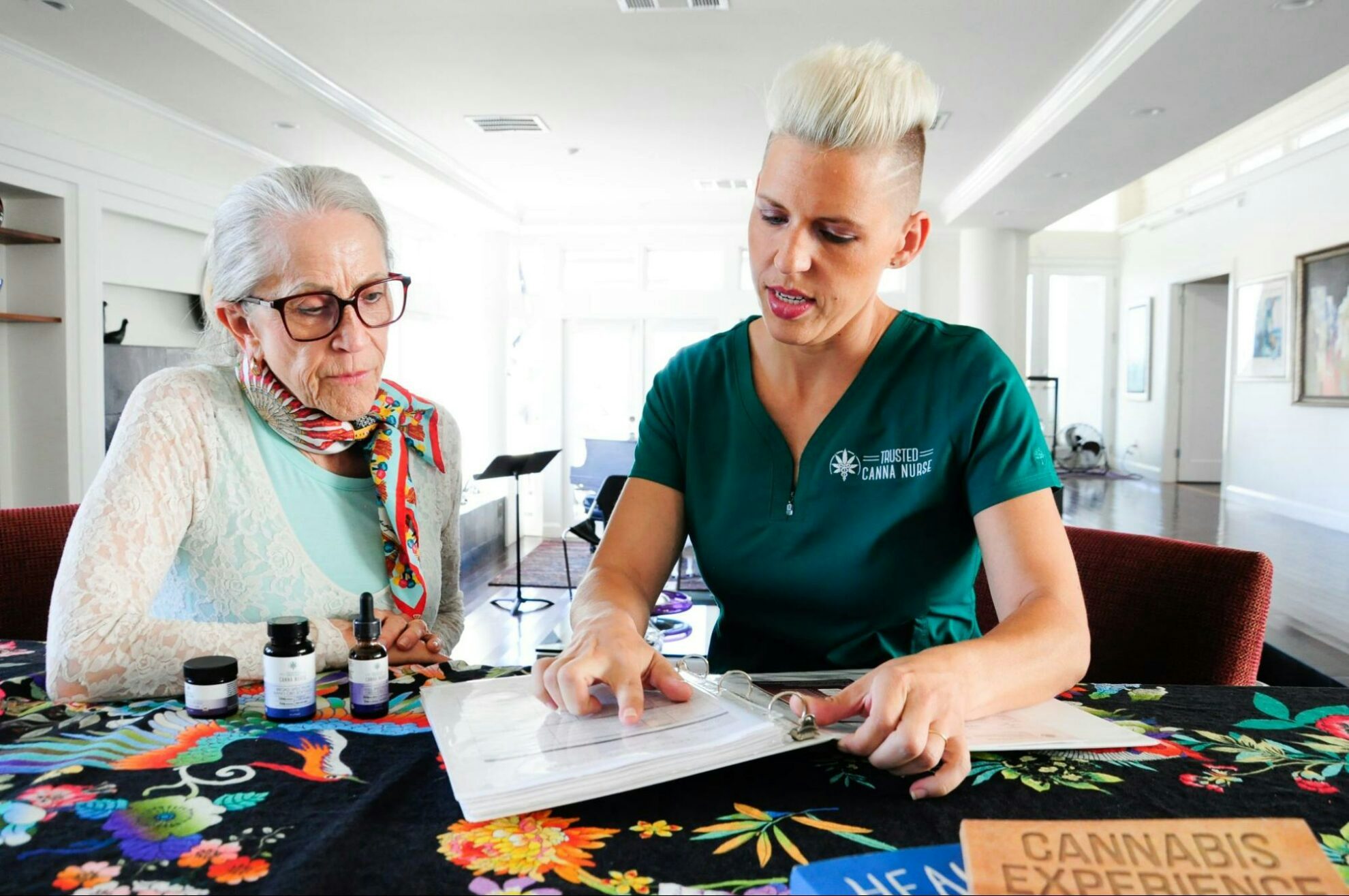Almost everyone in the industry has a cannabis story — from discovering it as a life-changing medicine or pain reliever to the moment they decided to leave an established career to throw themselves into the industry.
How we tell these stories can play a major role in how the cannabis industry can reach new customers, and how customers can place their personal journey front and center in the advancement of this new industry.
Storytelling was at the core of “Telling Cannabis Stories,” a special webinar held by Cannbe and the Cannabis Marketing Association (CMA) last Tuesday night, which brought together CMA CEO Lisa Buffo, word tender for the Herbal Verbalist, Julia Rubiner, senior editor of The Cannigma, Michael Schaeffer Omer-Man, and CEO of Cannbe, Elana Goldberg.
Making your business relatable
“A dispensary can have a blog post by a writer who says ‘I remember the first time I went into a dispensary even though I had been using cannabis for years. I felt like a complete geek. I was embarrassed. I was afraid to talk to the budtender. It was just a stressful situation for me,’” Julia Rubiner said, describing how the most everyday legal cannabis experience can not only help a cannabis retail business connect with customers, but also help foster the feeling of shared experiences that is at the core of cannabis culture.
Such stories can help customers relate to a dispensary and address their fears or other emotional associations with cannabis. “You read that you go, ‘Oh, I’m not the only one, maybe I can get in there and be brave,’” she added.
Such personal stories can also help counter the stigmas towards cannabis that remain a powerful force even as the dominos keep falling for legalization state after state.
Beyond the stigma: Bringing people in
“Breaking the stigma is such a huge part of what needs to take place in the cannabis world and it touches on every single aspect — from regulation and legalization to bringing in new people to the medical or recreational scheme,” Michael Schaeffer Omer-Man said. “People, for most of their lives, have been told that cannabis is either dangerous or illegal or bad or something you should hide and storytelling is really powerful in bringing them in.”
Omer-Man said he related to the blog post about a first-time visit to a recreational dispensary, describing a trip to an LA storefront and “[thinking] of all the people I knew who’d been arrested over the years and, wow I’m in Beverly Hills in an Apple store-looking dispensary and this is totally normal.” Validating those types of feelings is important.
He added that when it comes to medical marijuana “you have people for whom the medicine really helps in ways that we’re only beginning to understand and yet they don’t want to use it because of the stigmas around it.” Just telling stories about cannabis can be very powerful in bringing them on board.
It doesn’t always happen overnight
According to Elana Goldberg, it’s a step-by-step process breaking down the reluctance or fear of cannabis in readers, and it doesn’t always happen overnight.
“People who are starting off thinking ‘cannabis is evil,’ the first stage is to get them to ‘cannabis is useful’ and when we get to that stage we can get to ‘cannabis is useful in small amounts in certain situations’ and then we can get to the stage where a joint on the weekend is the same as a glass of wine,” Goldberg explained.
She added that because of this fear and stigma, the cannabis industry isn’t “starting from an even ground like we would be with marketing other products.”
Creating emotional connections
But how do you break through in the face of fear?
As Lisa Buffo put it, like so much in life, the key is emotion and connection.
“Creating that emotional connection through storytelling is what brings that [fear] down little by little. But storytelling is also a form of validation and even if you can 100% put yourself in someone else’s shoes and that story puts you into that person’s shoes and you can imagine what that’s like — [that] is a really important step.”
One way that Buffo described putting herself in other people’s shoes in a sense, when friends from back home in Ohio come to visit her in Colorado, she accompanies them on their first starry-eyed, ecstatic visit to a dispensary.
“I think that when those moments happen we should honor them and celebrate them and it’s really important,” Buffo said.
Whose story isn’t being told?
Buffo also said that when reaching out as a marketer — but also just as a storyteller in general — it’s important to remember a lesson from her 5th grade history class: “We also have to think about what stories we aren’t hearing when we use our platforms to elevate voices. Owning our stories is part of it but also recognizing which stories we aren’t telling and why.”
Whoever the person is, one thing that almost everyone who works in the cannabis industry has in common is a deep, personal connection to marijuana.
“One thing that I’ve noticed is that everyone has a story about why they’re involved in the industry. They have a story about how medical cannabis helped them. Or was life changing for a loved one or they saw it up close and it created a passion for them that they left whatever industry they were in and dedicated their lives to [cannabis]. This is a testament to the power of stories,” Omer-Man said.
So what’s your cannabis story? Has it been part of your life since long before legalization? Has it been mainly recreational or medical? Maybe both? We’d like to hear more. Reach out through our contributor form.
Sign up for bi-weekly updates, packed full of cannabis education, recipes, and tips. Your inbox will love it.

 Shop
Shop Support
Support
















